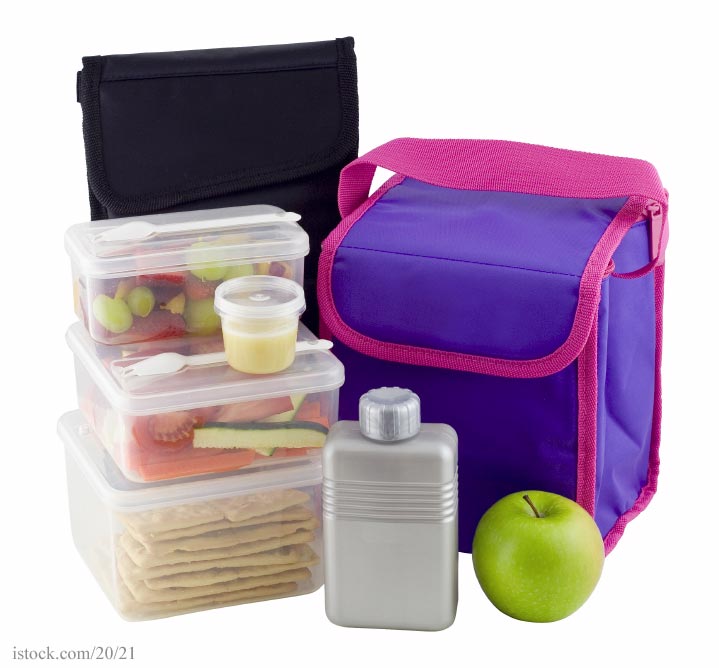Yes it’s that time of the year. The USDA is offering parents a guide to food safety for school lunches. There is an inherent risk in packing perishable foods for your child to take to school every day, but with these rules you need to follow you can make sure the food stays safe to eat.

USDA Under Secretary for Food Safety Dr. Emilio Esteban said in a statement, “While there have been huge strides in food safety, at least 48 million people in the U.S. are still affected by foodborne illness every year. Our children’s health and safety depend on the safe food handling practices we teach and practice at home.”
Food safety for school lunches starts in your kitchen. When you prepare food for your child’s lunch, and your own too, follow the steps of clean, separate, cook, and chill. Wash your hands before you start. Keep uncooked meats and poultry away from foods that are eaten raw. All meat and poultry should be cooked to safe final internal temperatures and checked with a food thermometer. And all perishable foods must be refrigerated within two hours of coming out of the oven or the fridge. The danger zone, where bacterial counts can double every 20 minutes, is 40°F to 140°F.
When you pack a lunch, do not use a brown paper bag because it will not keep food at safe temperatures. Use an insulated lunch box or other insulated containers like thermoses. If you are packing cold foods like salads or sandwiches, include at least two cold sources in the insulated box to keep the temp under 40°F. You can use frozen gel packs, frozen bottled water, or frozen juice boxes.
For hot foods like soups and stews, use an insulated thermos. Fill it with boiling water, let stand for a few minutes, empty the thermos, then pour in the piping hot food. Keep that thermos closed until it’s time for lunch.
Good safe options to pack in school lunch boxes include whole or dried fruits, pre-packaged, shelf-stable meals, hard cheeses like cheddar or gouda, grains like bread and crackers, whole vegetables like cherry tomatoes, and meat jerky.




